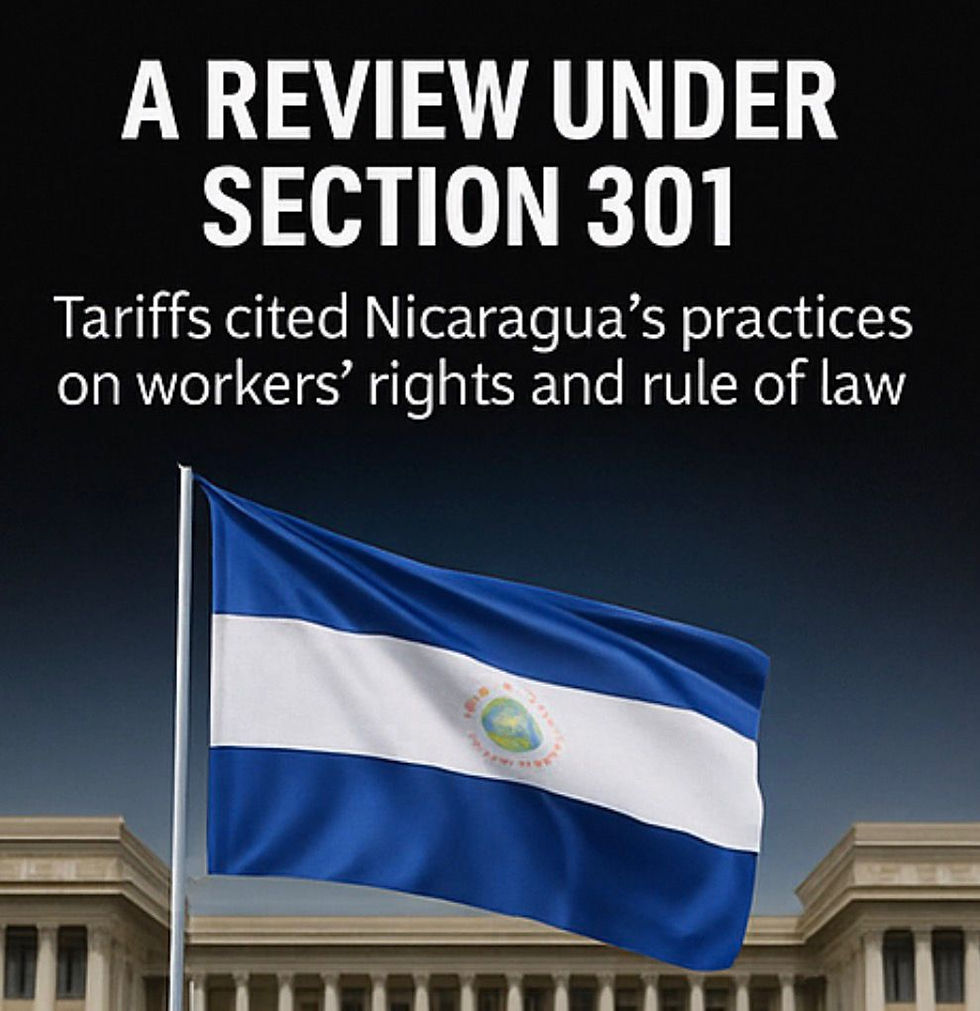Defining Premium - The Industry Battle Over Cigar Classification
- Puro Tobacco
- Sep 27, 2025
- 3 min read
Few debates stir the cigar industry as much as the question: what exactly qualifies as a “premium cigar”? For consumers, the answer may seem straightforward—handmade, carefully blended, and crafted with whole-leaf tobacco. But in the legal and regulatory arena, the definition carries major consequences. From tax obligations to FDA oversight, how “premium” is defined shapes the future of manufacturers, retailers, and smokers alike.
The Court Ruling That Sparked the Debate
In early 2025, a U.S. court ruling found that the Food and Drug Administration (FDA) had acted “arbitrarily and capriciously” in applying sweeping tobacco regulations to premium cigars. The decision effectively carved out an exemption for handmade cigars, shielding them from some of the most burdensome requirements placed on other tobacco products.
For the industry, the ruling was a victory—one that recognized the cultural and artisanal nature of premium cigars. Unlike mass-market cigarettes or vaping devices, cigars are typically consumed occasionally, not habitually. This distinction matters when crafting policy.
Enter the Trade Associations
The legal victory, however, did not end the debate. Instead, it shifted attention to how “premium” should be defined. The Cigar Association of America (CAA) has pushed for a broader definition, one that includes flavored cigars and machine-made but hand-finished products. Their argument is that these offerings, while not entirely handmade, still reflect premium qualities and deserve regulatory relief.
On the other side, the Premium Cigar Association (PCA) argues for a narrower definition. To them, “premium” means entirely handmade with long-filler tobacco, without flavor additives, and often aged for months or years. They worry that broadening the definition could dilute the category and undermine the authenticity that has made premium cigars distinct.
What’s at Stake
At the heart of the debate are questions of market positioning and consumer trust. If flavored or partially machine-made cigars are classified as “premium,” they may benefit from reduced regulatory pressure and gain access to markets traditionally reserved for handmade cigars.
For purists, this threatens the integrity of the premium category. Consumers who associate “premium” with craftsmanship could be misled, while small artisanal producers risk being lumped together with larger, industrial operations.
For broader associations like the CAA, inclusivity offers a path to protect more companies from restrictive regulation, thereby preserving jobs and tax revenue.
Impact on Consumers
Consumers may not immediately feel the effects of these definitions, but over time the consequences could shape what appears on shelves. A broad definition may mean more variety labeled as “premium,” but also more confusion about what the term means. A narrow definition, by contrast, may preserve exclusivity but limit growth in emerging segments like flavored cigars.
For many smokers, the experience of smoking a premium cigar is tied to ritual, tradition, and craftsmanship. If that identity becomes blurred, the premium category could lose some of its cultural prestige.
Global Implications
The debate is not limited to the United States. International markets often look to U.S. regulatory frameworks when shaping their own policies. A broader definition could ripple across Europe, Asia, and Latin America, potentially reshaping global perceptions of what counts as “premium.”
Countries with strong boutique industries, like Nicaragua and the Dominican Republic, may push for narrow definitions to protect their artisanal reputations. Larger, more industrialized producers may prefer broader definitions to expand their market access.
The Cultural Angle
At its heart, this debate is not just legal—it is cultural. Premium cigars have long been marketed as symbols of refinement, artistry, and patience. To extend the term to flavored or partially machine-made products risks eroding that carefully cultivated identity.
And yet, culture itself is evolving. Younger smokers may embrace flavored or hybrid products as part of their cigar journey, challenging traditional notions of what belongs in the “premium” category.
The Road Ahead
The industry will continue to wrestle with this issue. Trade associations, courts, and regulators all have a role to play. What is clear is that the definition of “premium” is more than semantics—it will determine how cigars are taxed, marketed, and perceived for years to come.
For now, smokers and manufacturers alike must navigate the uncertainty. The one constant, however, is that premium cigars—however defined—remain tied to craftsmanship and tradition. Whether broad or narrow, the category reflects a passion that no ruling can fully capture.




Comments